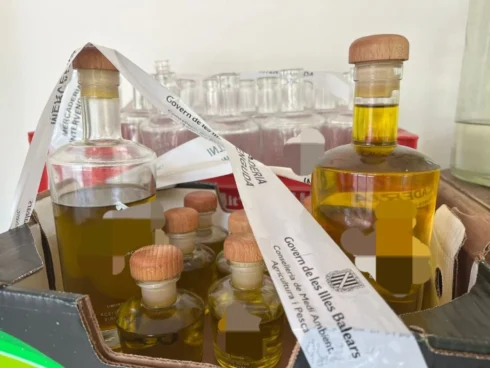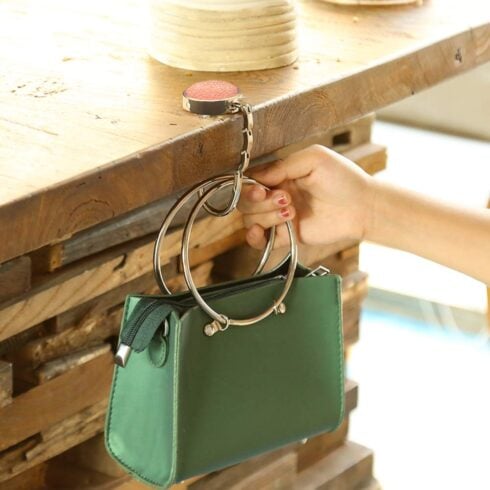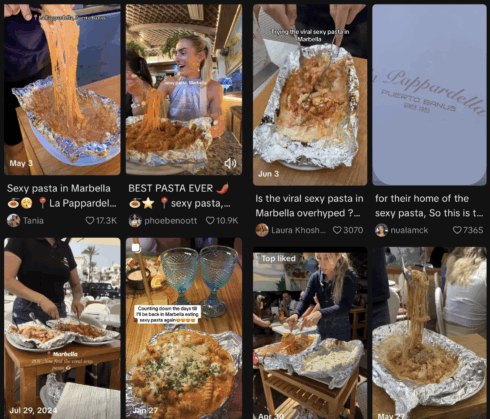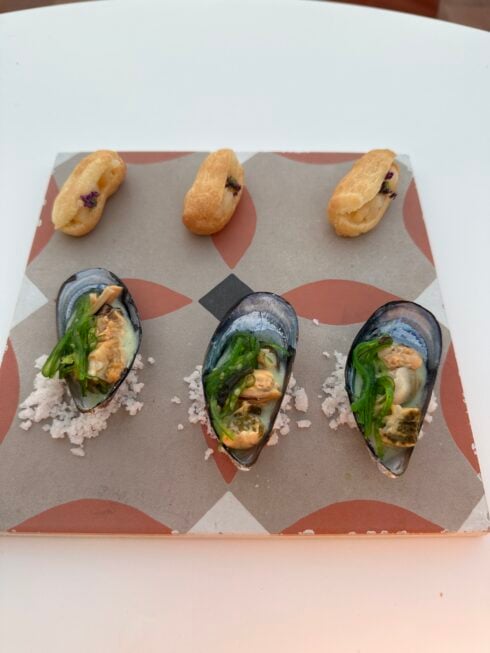BRITS living in Spain heading back to the UK on a visit are being warned to avoid taking back jamon serrano and other foodstuffs as presents or face fines of up to £5,000.
Whether it’s a pack of sandwiches, some cheese, cured meats, raw meats, or even milk, these items are banned from being brought into the UK after an outbreak of foot and mouth in parts of Europe.
Many favourite Spanish delicacies could run afoul of these rules. Chorizo, jamon iberico, and manchego cheese are some of the most popular items that could land you in hot water – even if they have been bought pre-packaged in duty free.
Authorities have made it clear: if you’re caught with any of these items, they will either be confiscated and destroyed or, in serious cases, you may face hefty fines while trying to get through customs.
The regulations were introduced earlier this year following a growing foot-and-mouth disease outbreak in Europe.
This disease, which affects animals like cattle, sheep, and pigs, can wreak havoc on farming and agriculture. Although the disease hasn’t broken out in the UK since 2007, the UK government is stepping up its efforts to ensure it stays that way, particularly by restricting the movement of dairy and meat products from certain animals.
Foot-and-mouth disease is highly contagious and can cause serious economic damage to the UK’s agricultural industry.
In a statement following the introduction of the ban, Farming Minister Daniel Zeichner emphasised the government’s commitment to safeguarding British farmers:
“This government will do whatever it takes to protect British farmers from foot-and-mouth. That’s why we’re further strengthening protections by introducing restrictions on personal meat and dairy imports.”
The following popular Spanish items are all prohibited under the new rules:
- Chorizo – A beloved Spanish sausage made from pork and spices, chorizo is often packed in air-tight packaging, but it still doesn’t pass the border test
- Jamon Iberico – One of Spain’s most famous exports, this cured ham is a delicacy that many travellers look forward to bringing back, but it’s strictly off-limits for import
- Manchego Cheese – Made from sheep’s milk, this famous Spanish cheese is not allowed under the new restrictions, even if it’s vacuum-sealed and bought from the duty-free
- Tinned Meats – Sometimes travellers look to bring back tinned meats, like embutidos (cured sausages), which often contain pork or beef. These could also fall foul of customs
- GREY AREA: Tortilla Española (Spanish Omelette) – while it’s not strictly prohibited, it could raise questions if it’s homemade or not commercially sealed. Some versions may include pork or milk – so be careful!
- And watch those sandwiches too – remember butter is also banned as are many popular fillings
READ MORE:
- Brussels triples ETIAS ‘digital visa’ fee to enter Spain – but you won’t pay until 2027
- New route for Spain’s poshest train the Al Andalus (think Orient Express) but what is it really like?
- Bad news for holidaymakers as Ryanair baggage handlers announce strike across Spain until end of 2025
Click here to read more Food & Drink News from The Olive Press.








